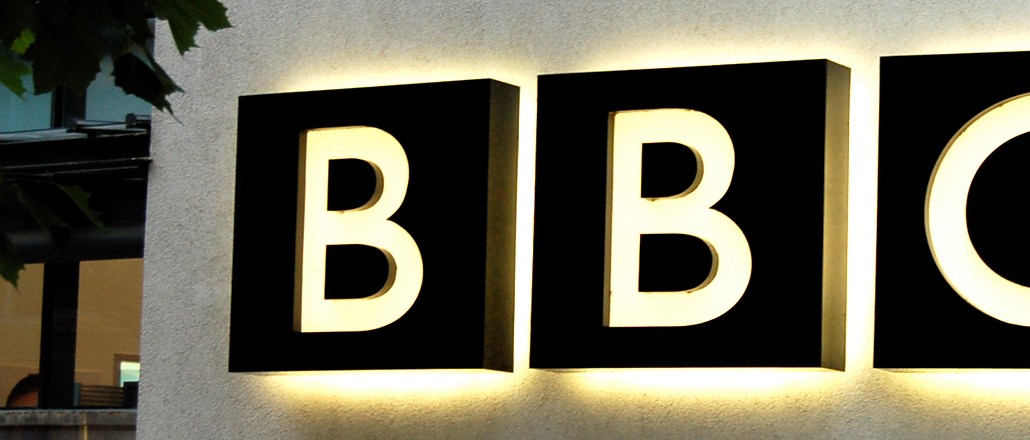Secure your place at the Digiday Media Buying Summit in Nashville, March 2-4

The BBC is joining the battle with iTunes and Amazon Prime by launching a paid online video service that will allow users to buy episodes of their favorite current and classic shows.
With BBC Store, launching Nov. 5, viewers will be able to buy single shows and series. Customers can also purchase through its existing digital catch-up service, iPlayer, which has roughly 15 million weekly uniques.
This spells good news for Benedict Cumberbatch fans who missed out on the latest “Sherlock” episode. BBC Store will also hold the entire collection of “Doctor Who,” plus other well-known shows within entertainment, children, comedy and drama genres, making up 7,000 hours of programming. That number is expected to grow by half within the first year. (Fans in the U.S. are out of luck, though — the store will only be available to U.K. customers, with no plans to offer the service outside the country.)
BBC Store is differentiating itself from other download-to-own services through content curation: Its team will assemble collections of shows, for example around playwright Dennis Potter, well-known for writing “The Singing Detective” which first aired in the 1980s. Broadcasters such as Louis Theroux have also chosen collections of content, in a similar way that Apple Music differentiated itself from algorithm-driven music services with hand-picked celebrity playlists.
“If you look at many digital content services there’s very limited curation,” said BBC Store director Jonathan Green. “It doesn’t exist in most places. Each written piece of content on the site is written by my team, and they have viewed every piece of content on the site too, which has been quite a task.”
The company was unwilling to discuss its revenue growth projections, but Marcus Arthur, managing director of BBC Worldwide, isn’t expecting jaw-dropping numbers. “This won’t knock the lights out in terms mass revenue growth,” he told Digiday.
However Arthur is confident that BBC Store will grow the video on demand marketplace in the U.K., partly because it can release shows that were previously commercially unviable due to the distribution costs of DVDs.
“Measure our success in a year’s time on the size of the VoD and download-to-own marketplace and how we’ve grown it,” he claimed. Currently, predictions from market research firm Mintel forecasts the U.K.’s VoD industry to be worth more than £1 billion ($1.5 billion) by 2019.
Store is part of the BBC’s U.K. commercial division, BBC Worldwide, which earns revenue through a number of ventures such as broadcasting content overseas, and from its newly opened in-house content studio Story Works, which it feed back to the public service to supplement the income the BBC gets from its license fees.
Worldwide has promised £1.2 billion ($1.9 billion) to the BBC Public Service division over the next five years, a 15 percent increase from the previous five years. Last year Worldwide returned just £226.5 million ($348.2 million) back to the public service, so it’s clear there is no room for non-profitable products within the division.
Updated: iPlayer has roughly 15 million weekly uniques, not 50 million weekly uniques as previously stated.
More in Media

Digiday+ Research: Dow Jones, Business Insider and other publishers on AI-driven search
This report explores how publishers are navigating search as AI reshapes how people access information and how publishers monetize content.

In Graphic Detail: AI licensing deals, protection measures aren’t slowing web scraping
AI bots are increasingly mining publisher content, with new data showing publishers are losing the traffic battle even as demand grows.

In Graphic Detail: The scale of the challenge facing publishers, politicians eager to damage Google’s adland dominance
Last year was a blowout ad revenue year for Google, despite challenges from several quarters.






